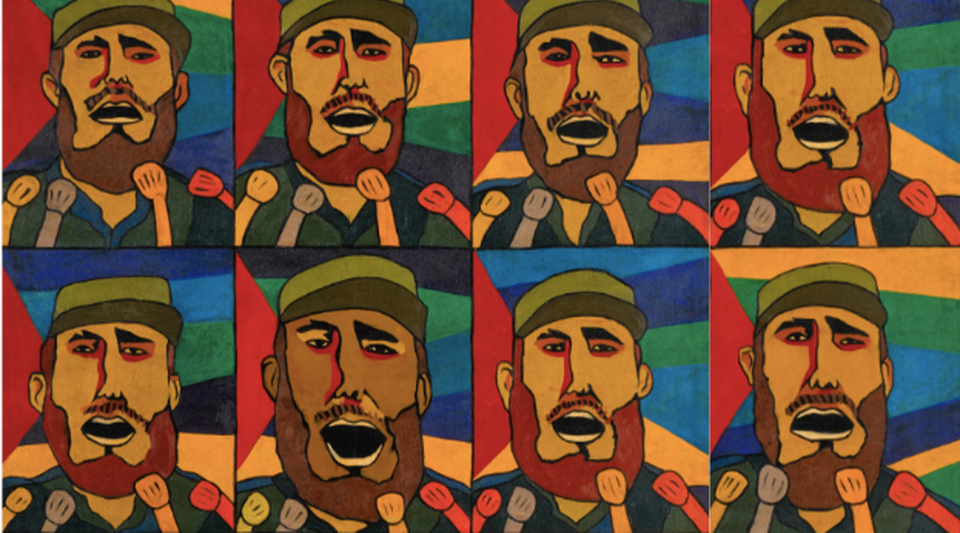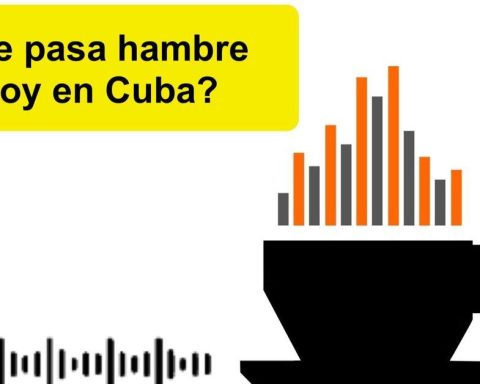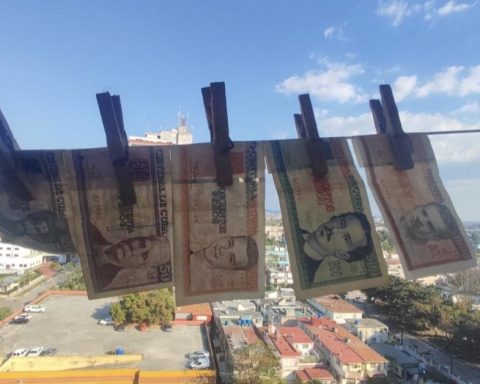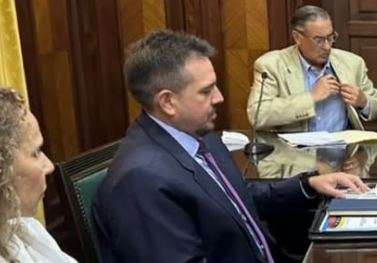History is the most deceptive and refined form of fiction. Historians’ talent for disguising their prose, for hiding their voice and focus, how discreet the process of selecting and cutting life is, the skill with which they choose a protagonist, a time and a territory, make their discipline a constant verbal acrobatics.
Luckily, there is something in favor of the citizen or the reader: there is no absolute brotherhood of historians, there is no complete book that is compatible with all regions and policies. We do not have, so to speak, a true universal history. This helps a simple comparison between a book from one’s own country and one from abroad to reveal anachronisms, conspiracies and rubbish.
There are familiar examples. What in Cuba is known as the War of 1995 or – as Marti’s propaganda called it – Necessary, in Spain is the War of 1998. While 1995 marked the beginning of the war for us, three years later the Spanish would see their fleet bombed , the depressed nation and the defeated old empire. For Cuba, 95 brings independence; for Spain, 98 is Baroja and Unamuno, crisis, meditation and rebirth.
Since 1762, the islanders have talked about the capture of Havana by the English, as if the city had not been conquered but tourists; the British – who name the Spanish war of independence with the mild name of the Peninsular War – correctly define it as a siege or invasion.
The misrepresentation that Castro made of the country’s history was so rude, and the historians so submissive, that very early on it provoked the ridicule of Manuel Moreno Fraginals
But do not go so far away. There is no time more beaten by official historians than the last 120 years. The Republic that was born in 1902, after decades of tension and blood, Castro dismissed as a Pseudo-republic, a mediatized Republic or a Neocolony. That’s how we learned it, wearing out words, and that’s how our grandparents still repeat it –with very little innocence–, often faithful to the caudillo, forgetting the bittersweet poem by Eliseo Diego: “You’ll have to see how my father said it: the Republic… .was, full-chested, as to say the soft, broad, sacred woman who bore him children”.
Contrasting one book with another is not only fruitful considering the space where it was written, but also the time. It is enough to compare the first histories of Cuba – those of Bishop Morel and Councilor Arrate – with the manual of Soviet echoes used by university students. I am not referring, of course, to the obvious differences in style, method or the rigor of the investigation. I’m talking about the master that books serve – all books have an owner – who is interested in looking at life that way, what they want to insure or blow up.
The misrepresentation that Castro made of the country’s history was so rude, and the historians so submissive, that very early on it provoked the ridicule of Manuel Moreno Fraginals in history as a weapon. “Students”, he wrote in 1966, “are perplexed by works that claim to be the immediate antecedent of the present in which we live and yet have nothing to do with it”. The new past that Castro offered was a succession of epic nonsense that, I imagine, the old republican authors like Roig or Ortiz could not read without blushing.
Moreno Fraginals, lucid and misunderstood, author of the best Cuban history book ever written, ended up dying in Miami in 2001. Fidel Castro, for his part, was rewarded for his delusions with the National History Award in 2008. His brother Raúl received in 2021.
But if dictators know how to calibrate history and rearrange words, nothing compares to the way in which the domestic story is plotted and, even more brazenly, the personal
We have always been at the mercy of words. Playa Girón, sonorous and triumphant, or Bay of Pigs, geographical; October Crisis or Missile Crisis; separatism, reformism or annexationism; blockade or embargo; socialism, communism or capitalism; protests or riots; emigration or exile? The confusion, which goes from the private to the legal, is contagious.
The framers of the 2019 Constitution ignored that it was a mistake to refer to the bayamesa as Bayamo Anthem. When the text was printed, ignoring the warning, several writers proposed that, in order to be faithful to that sudden fever of designating symbols by their place of origin, they should speak of the Coat of Arms and Flag of New York, the city where Miguel Teurbe designed them. Toulon in 1849.
But if dictators know how to calibrate history and rearrange words, nothing compares to the way in which the domestic story is plotted and, even more brazenly, the personal story. After all, we are what we tell of ourselves, the versions that are shading or dissolving, a continuously retouched fiction of what we said, did and thought. The first to use history as a weapon – more like a pocket knife, an awl – are us.
________________________
Collaborate with our work:
The team of 14ymedio He is committed to doing serious journalism that reflects the reality of deep Cuba. Thank you for accompanying us on this long road. We invite you to continue supporting us, but this time becoming a member of our newspaper. Together we can continue transforming journalism in Cuba.
















